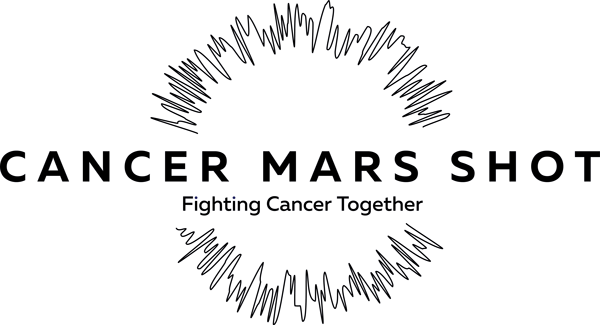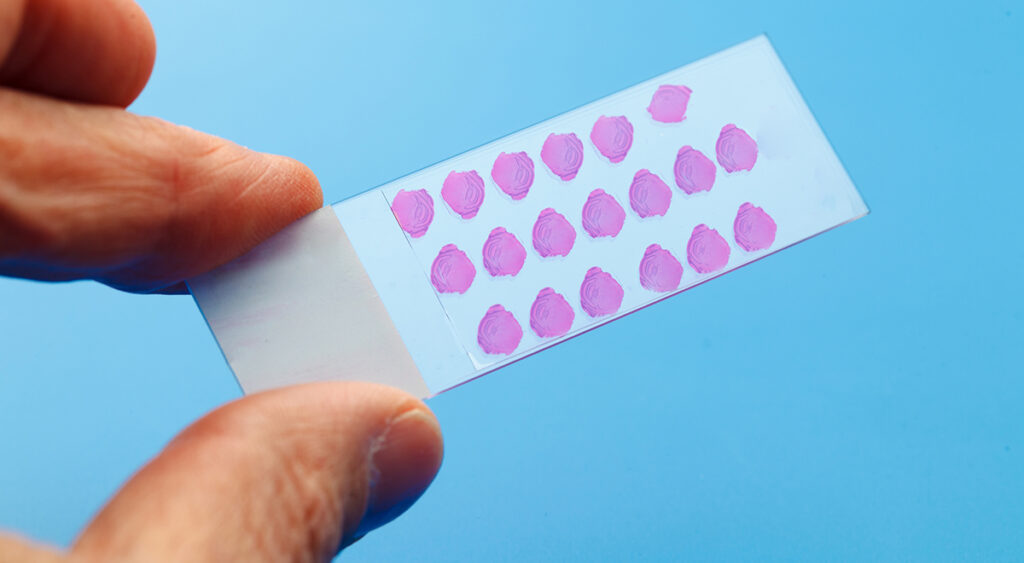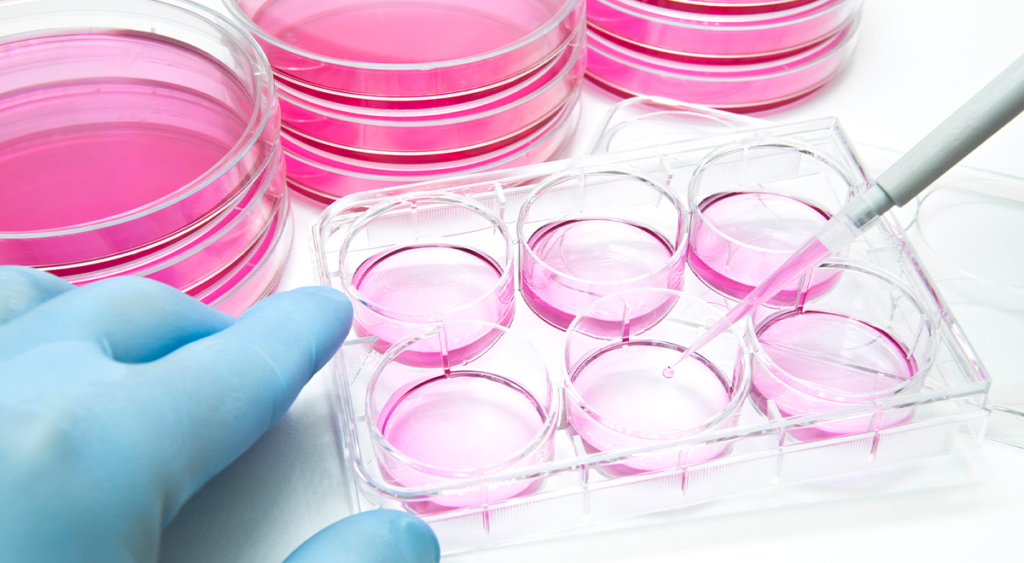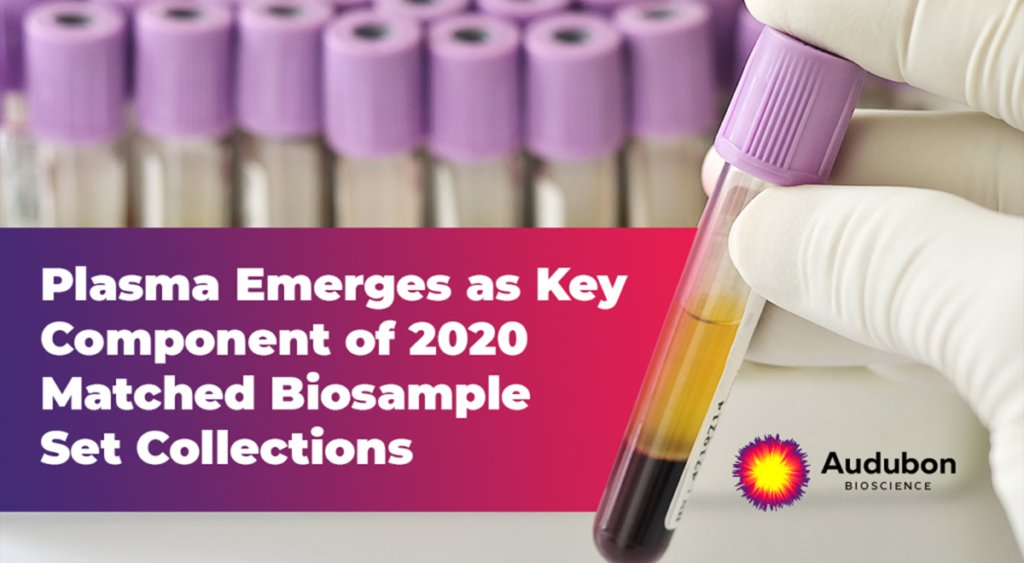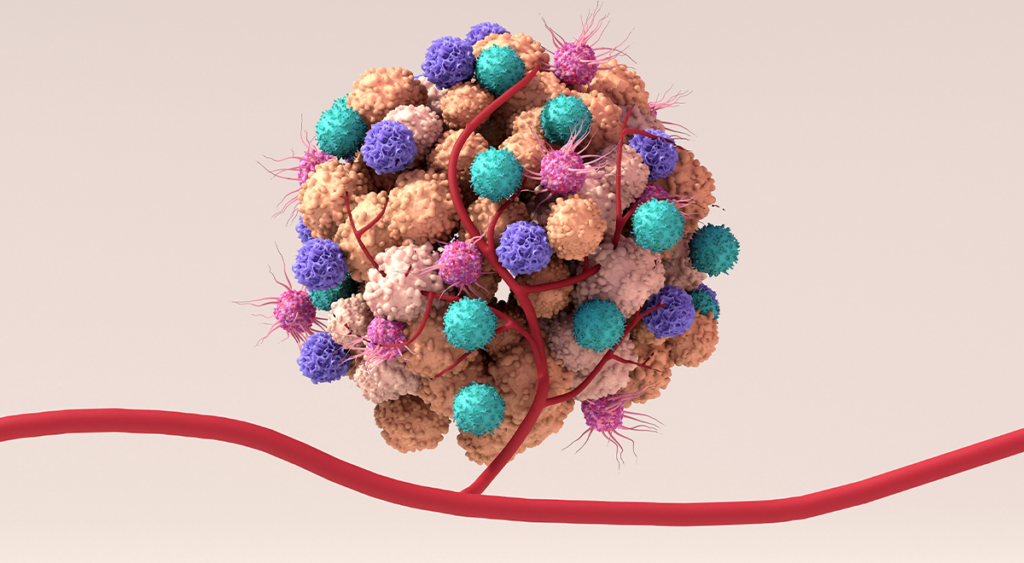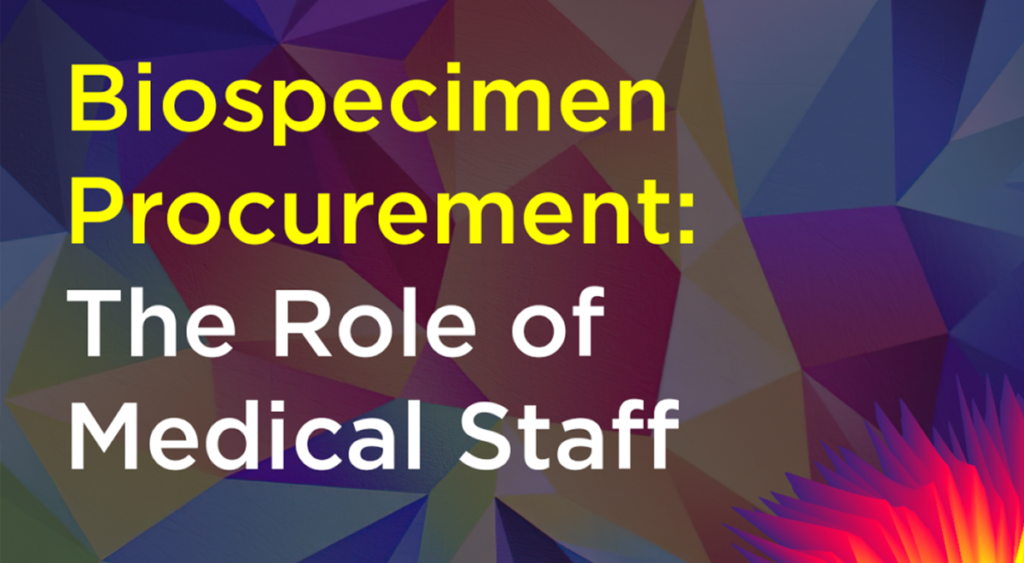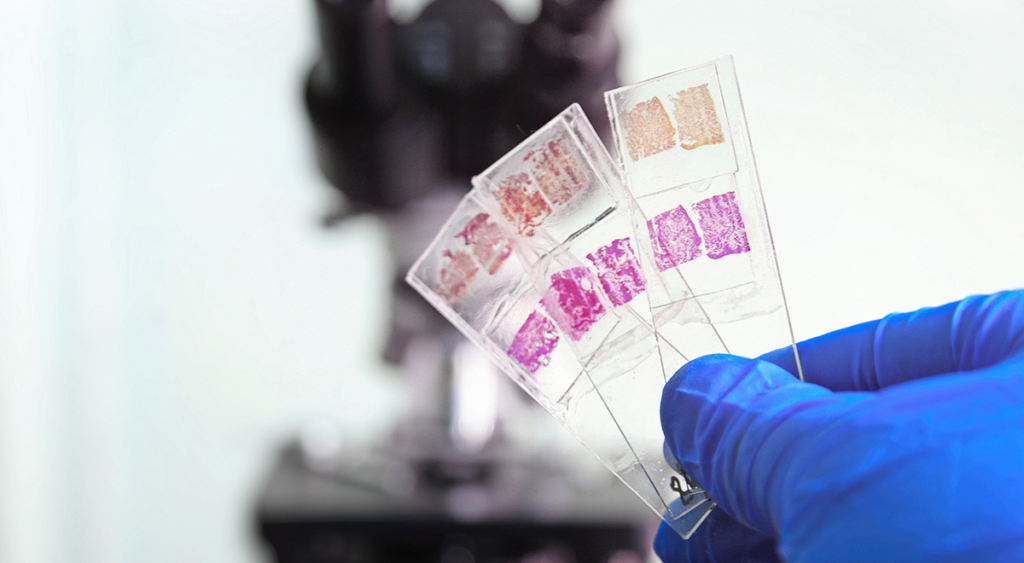Posts Tagged 'biobanking'
Perspectives on Biobanking: Current Challenges and Future Directions
Biospecimens are steadily gaining the attention of the research and medical communities. But while indispensable for the advancement of modern biomedical research, their use comes with several ethical, technical, and regulatory challenges. Tackling those persistent issues and risks requires a good understanding of the nature and purpose of biospecimen procurement which in many scenariosis is…
Read MoreAACR 2022 Annual Meeting – Highlights and Future Goals
The American Association for Cancer Research AACR 2022 Annual Meeting is one of the most significant events in cancer research. The conference brings together scientists and clinicians who share their experiences, collaborate, and set new goals and objectives to advance our understanding of cancer mechanisms and find new ways to prevent, diagnose, and treat this…
Read MoreWhy Is It Crucial to Have Ethnic Diversity in Biospecimen Collections?
Precision medicine is all about understanding and approaching the uniqueness of each patient. We know that individuals from the same geographical population or ethnic origin share common genetic features leading to differences in the response, efficiency, and safety of drugs and therapies among different populations. Therefore, the discovery and development of personalized treatments require analysing…
Read MoreCell Lines Versus Primary Cells as In Vitro Disease Models – An Overview
For decades, research labs around the world have been using cancer cell lines as the in vitro disease model of choice. And while biomedical and biopharma research have accomplished impressive achievements and provided a plethora of new insights into disease mechanisms and innovative treatments, they also outlined the persistent challenges and limitations translational research is…
Read MorePlasma Matched Biosample Sets – a Key Component of Audubon’s 2020 Collections
Based on our yearly analysis of collection requests and projects, we noticed that plasma matched biosample sets were a considerable part of our work over the last year. At Audubon Bioscience, we work closely with our scientific partners to provide a personalized relationship by having specific collection methods based on their research needs, ensuring quality…
Read MoreFresh Cancer Tissue Samples – Applications in Biomedical Research
Today, an important research segment of cancer research is interested in fresh cancer tissue samples to extract a particular cell type or molecule or to test the effects of a particular drug or innovative therapy. This biospecimen type offers a mutitude of applications for the most innovative stuidies and projects. Before researchers delved into the in…
Read MoreThe Biobanking Space Is Attracting Investors and Media
The observation that biobanking is attracting investors and media attention strongly confirms the critical role of the field in the modern biotech and biopharma industries and global healthcare advancements. In about three and half months after launching a crowdfunding campaign on MicroVentures.com, an Austin, TX-based online equity crowdfunding platform, investments in Audubon Bioscience total nearly…
Read MoreMedical Staff’s Role in Biospecimen Procurement
Medical staff’s role in biospecimen procurement is a key factor for the development and conduct of this field. Yet, it often ramains largely misread. Biospecimens are being largely recognized as a crucial element for developing biomarker-based, targeted therapies and diagnostics. While essential to biomedical research advancement, biospecimen procurement is also a complex process involving the…
Read MoreFFPE or Frozen Tissue – How to Choose Between Their Pros and Cons?
FFPE or frozen tissue is a very common question during the initial design of a solid tissue collection project. Preserved human solid tissue comes in two forms – Formalin-Fixed Paraffin-Embedded (FFPE) or snap-frozen. Both methods have their advantages and disadvantages, and choosing one over the other depends on the study’s needs and methodology. Here,…
Read More
